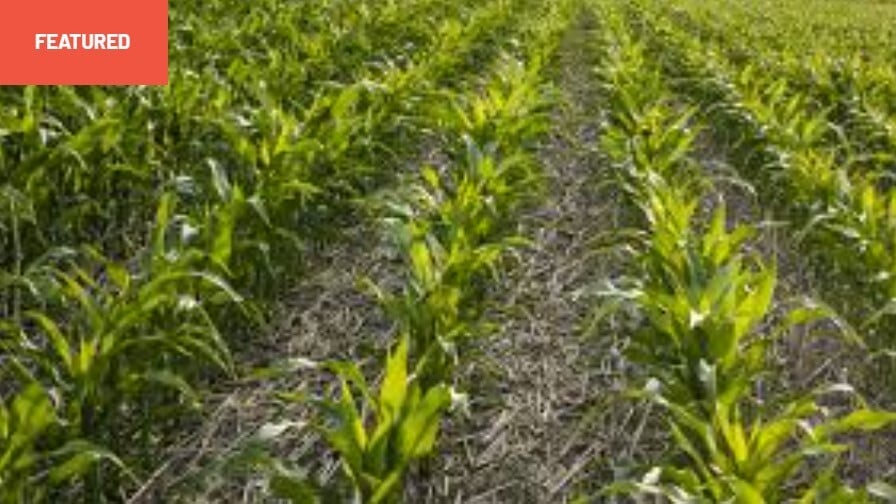About Indigo Ag
Indigo is leveraging science and technology to help improve the sustainability and profitability of the agriculture industry.
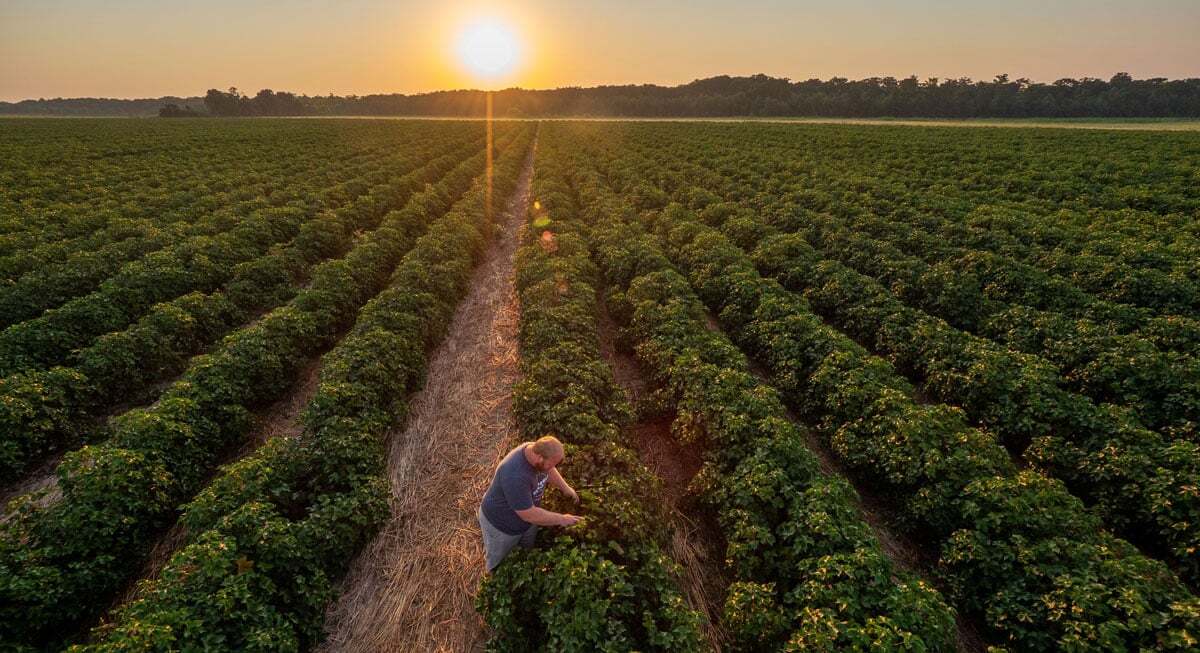
Harnessing nature to help farmers sustainably feed the planet
Since 2013, we have pursued innovative ways for science and technology to drive sustainability and profitability in agriculture. With our mission, we are focused on four key principles:
Helping farmers enhance their profitability and soil health
Improving the quantity, quality, and traceability of the food available to consumers
Protecting the environment by reducing and removing harmful greenhouse gases from the atmosphere, while incentivizing sustainable land stewardship practices
Creating long-term value for our shareholders
Founded on the hypothesis that microbes could protect plants from a changing climate
Our company was built on the discovery that the microbes in and around plants have the potential to dramatically improve crop resilience in the face of stresses (including drought, heat, cold, and pathogenic bacteria, fungi, and insects) and to offer a sustainable means of improving crop yields in the face of climate change.
This foundation formed the basis for our mission of harnessing nature to help farmers sustainably feed the planet and the expansion of product offerings over time.
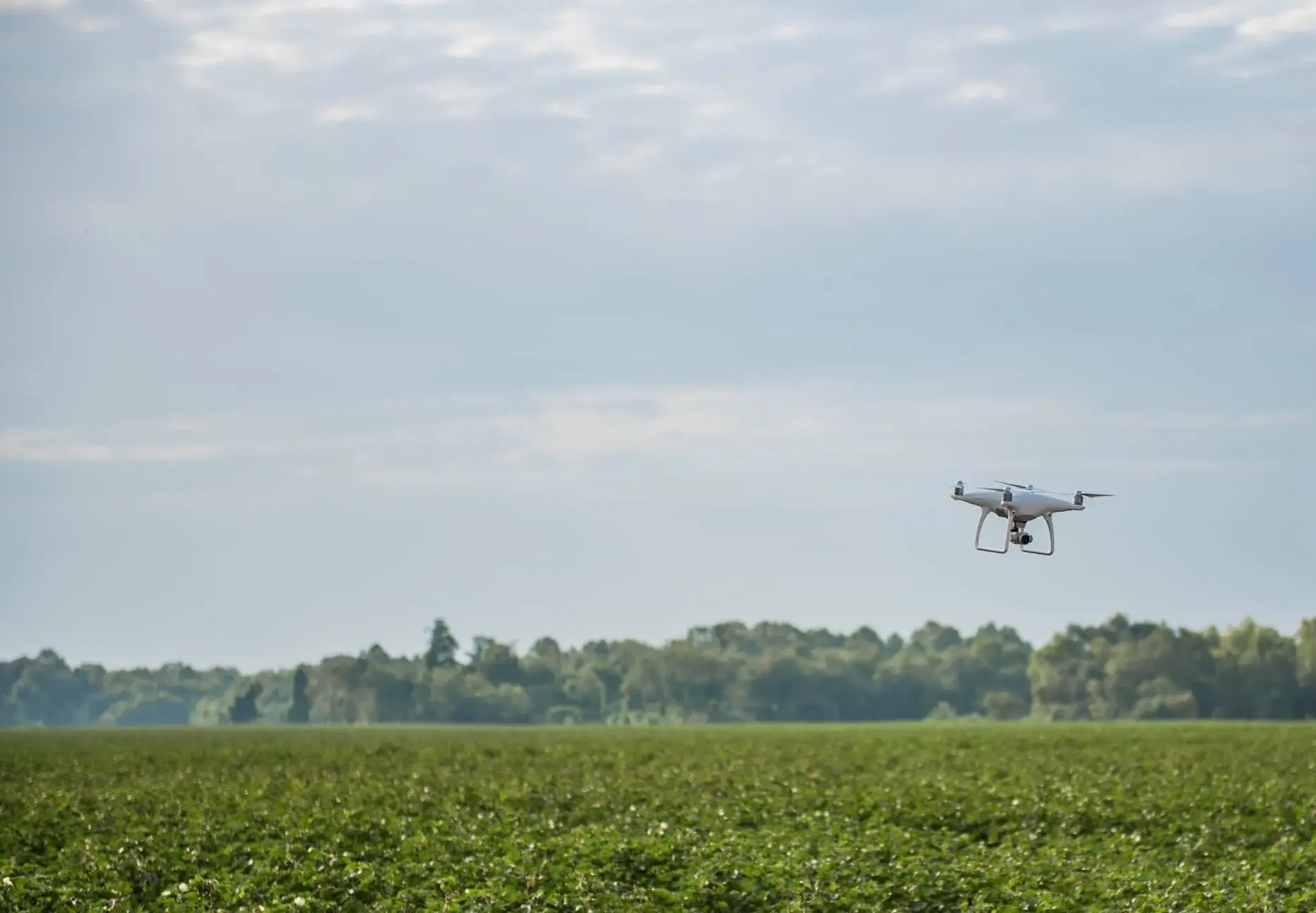


Our Biological Products, biotrinsic® by Indigo, harness the power of the plant microbiome to protect crops from diseases, pests, and environmental stresses such as soil nutrient deficiency and drought. By leveraging our unique biological discovery capabilities, we can rapidly identify microbes proven to be beneficial to crops. We then develop, formulate, and commercialize these proprietary products, typically delivered in the form of a seed coating, for farmers around the world.
We currently have ~25 products across five major crops and four core stresses. These products enable farmers to maintain or improve yields while reducing the negative environmental impact of conventional crop inputs such as synthetic fertilizers, pesticides, and fungicides.
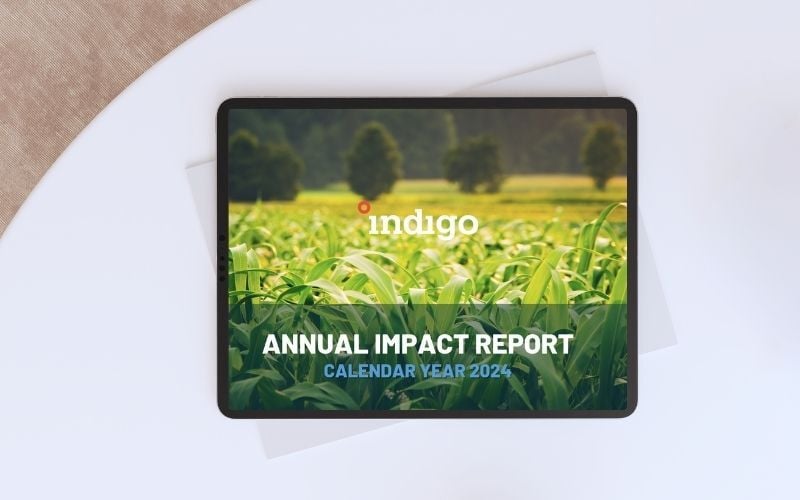
Environmental, Social, and Governance (ESG) Strategy & Performance
With the growing impacts of climate change, agriculture faces an urgent challenge to build resilient farms, restore soil health, and reduce global greenhouse gas emissions. Our biological and sustainability solutions have shown that regenerative agriculture can be a game-changing, scalable answer.
Beyond our business strategy, we are also committed to advancing sustainable practices and reducing negative impacts within our own operations, and to working alongside partners who share our vision for a healthier planet. In the spirit of transparency, our ESG reporting provides an overview of our progress to date, highlights the integration of sustainability into our business, and outlines a multi-year effort to build a better future together.
VISION & PURPOSE
Planet positive, sustainable agriculture
Agriculture can be one of the most immediate and scalable solutions to climate change. We are pioneering a new movement we call Planet Positive: solutions that go beyond reducing climate harm by actively reversing damage through scalable carbon removal from the atmosphere.
Our vision is to unlock the power of agriculture by creating scalable solutions that are designed to both solve pressing problems for farmers and agribusinesses, and at the same time meet the demand from corporations for sustainability solutions. These solutions complement the existing commodity system to make farmers’ operations both more profitable today and more financially and environmentally sustainable over the long-term.
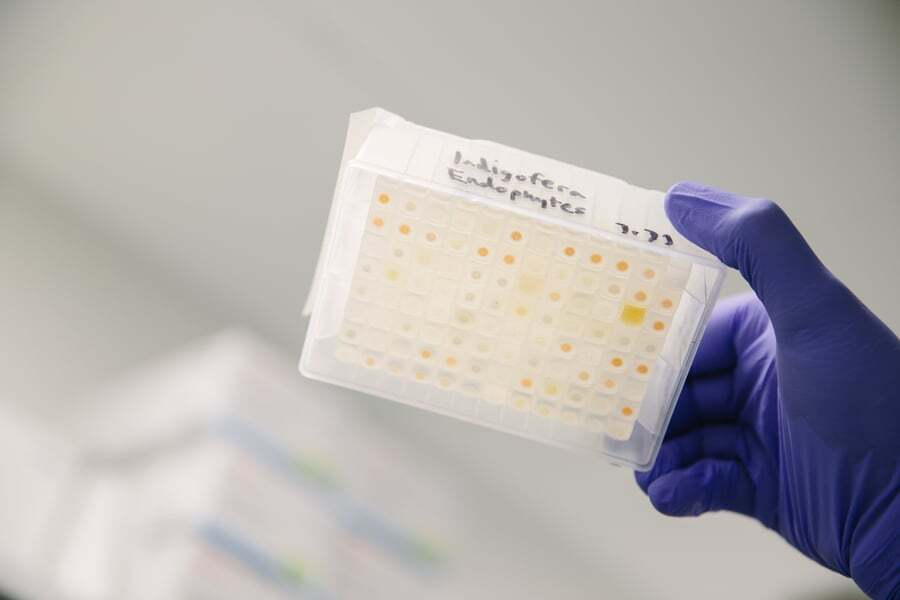
OUR SCIENCE & TECHNOLOGY
Backed by rigorous science and technology
We have invested significantly over the years in research and development across soil, crop, data, geospatial science, and microbiology. With this approach, we have built deep scientific expertise and scalable technology at the core of our integrated business platform.
OUR CULTURE
A growing community rooted in values
Our core values and shared mission help us GROW as an organization and as people.
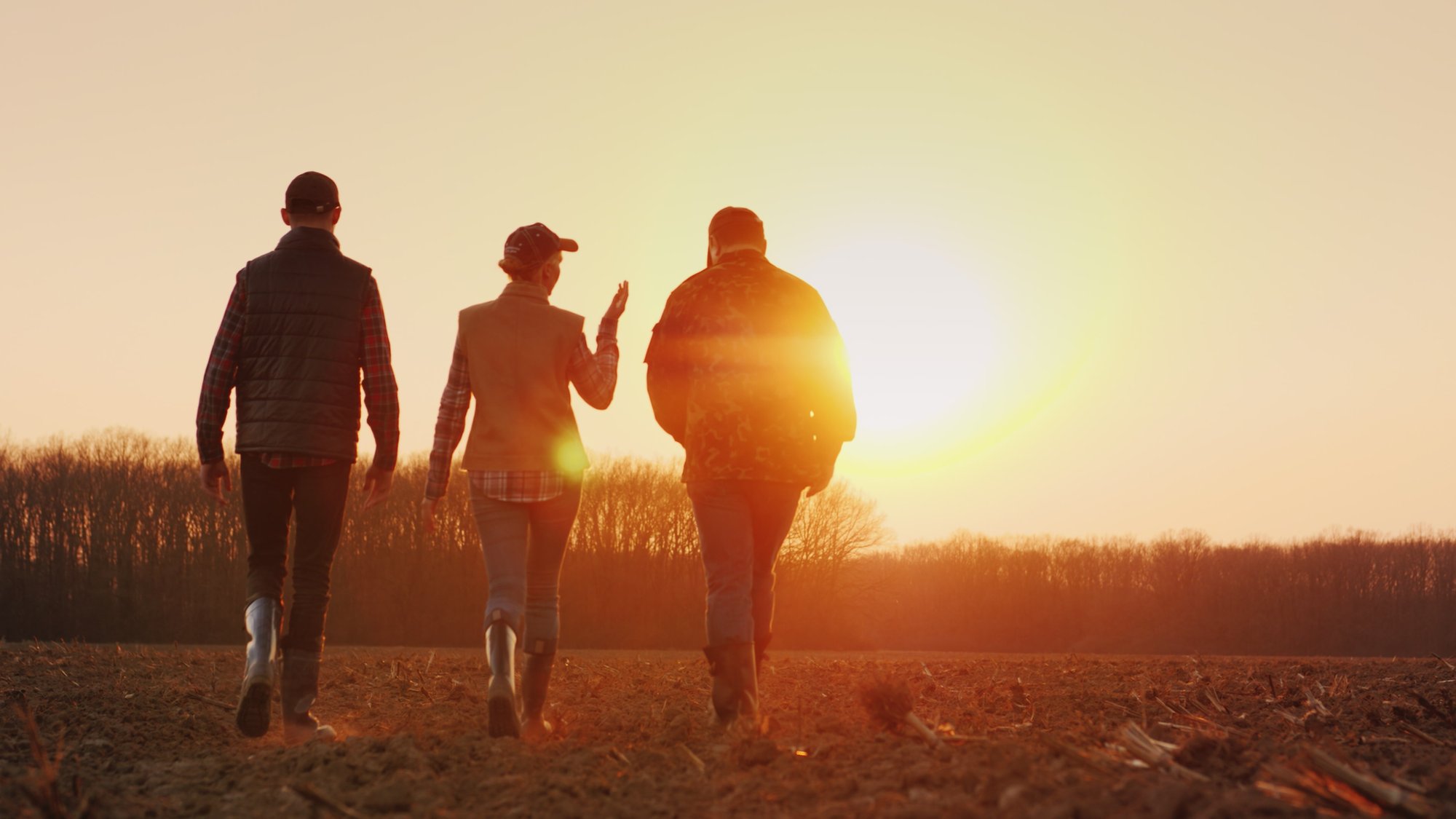
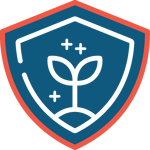
We do what’s right - even when it’s hard. We act with honesty, transparency, and scientific rigor, because trust comes from how we show up day in and day out.
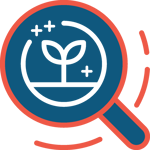
We ask bold questions, listen intently, embrace uncertainty, and build with purpose. Curiosity fuels innovation - and helps us learn, adapt, and lead.
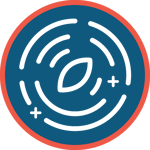
We’re here to build a strong, lasting business that creates real impact at scale. That means delivering exceptional products, expanding our reach, and driving sustained value for growers, customers, communities, investors, and the planet.

We thrive in complexity - because that’s where real growth happens. With grit, agility, and diverse perspectives, we face change head-on and grow stronger through adversity.

We succeed together or we fail together. We work toward our mission, communicate clearly, listen actively, and support each other with respect and candor.
